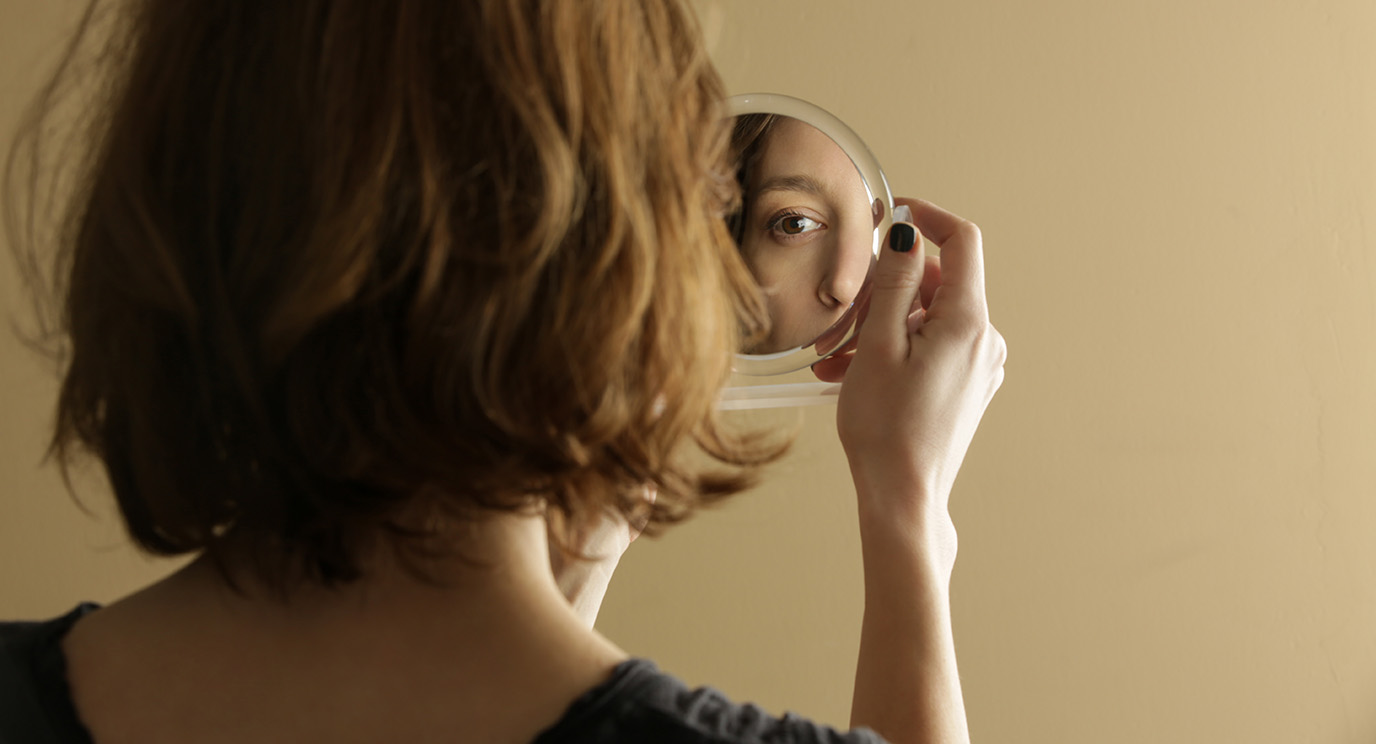- Diseases
- Acoustic Neuroma (16)
- Adrenal Gland Tumor (24)
- Anal Cancer (70)
- Anemia (2)
- Appendix Cancer (18)
- Bile Duct Cancer (26)
- Bladder Cancer (74)
- Brain Metastases (28)
- Brain Tumor (234)
- Breast Cancer (728)
- Breast Implant-Associated Anaplastic Large Cell Lymphoma (2)
- Cancer of Unknown Primary (4)
- Carcinoid Tumor (8)
- Cervical Cancer (164)
- Colon Cancer (168)
- Colorectal Cancer (118)
- Endocrine Tumor (4)
- Esophageal Cancer (44)
- Eye Cancer (36)
- Fallopian Tube Cancer (8)
- Germ Cell Tumor (4)
- Gestational Trophoblastic Disease (2)
- Head and Neck Cancer (14)
- Kidney Cancer (130)
- Leukemia (342)
- Liver Cancer (50)
- Lung Cancer (286)
- Lymphoma (278)
- Mesothelioma (14)
- Metastasis (30)
- Multiple Myeloma (100)
- Myelodysplastic Syndrome (60)
- Myeloproliferative Neoplasm (6)
- Neuroendocrine Tumors (16)
- Oral Cancer (102)
- Ovarian Cancer (178)
- Pancreatic Cancer (162)
- Parathyroid Disease (2)
- Penile Cancer (14)
- Pituitary Tumor (6)
- Prostate Cancer (150)
- Rectal Cancer (58)
- Renal Medullary Carcinoma (6)
- Salivary Gland Cancer (14)
- Sarcoma (238)
- Skin Cancer (302)
- Skull Base Tumors (56)
- Spinal Tumor (12)
- Stomach Cancer (66)
- Testicular Cancer (28)
- Throat Cancer (92)
- Thymoma (6)
- Thyroid Cancer (100)
- Tonsil Cancer (30)
- Uterine Cancer (86)
- Vaginal Cancer (18)
- Vulvar Cancer (22)
- Cancer Topic
- Adolescent and Young Adult Cancer Issues (22)
- Advance Care Planning (12)
- Biostatistics (2)
- Blood Donation (18)
- Bone Health (8)
- COVID-19 (360)
- Cancer Recurrence (120)
- Childhood Cancer Issues (120)
- Clinical Trials (628)
- Complementary Integrative Medicine (22)
- Cytogenetics (2)
- DNA Methylation (4)
- Diagnosis (240)
- Epigenetics (6)
- Fertility (62)
- Follow-up Guidelines (2)
- Health Disparities (14)
- Hereditary Cancer Syndromes (128)
- Immunology (18)
- Li-Fraumeni Syndrome (8)
- Mental Health (122)
- Molecular Diagnostics (8)
- Pain Management (62)
- Palliative Care (8)
- Pathology (10)
- Physical Therapy (18)
- Pregnancy (18)
- Prevention (940)
- Research (390)
- Second Opinion (78)
- Sexuality (16)
- Side Effects (616)
- Sleep Disorders (10)
- Stem Cell Transplantation Cellular Therapy (216)
- Support (408)
- Survivorship (330)
- Symptoms (182)
- Treatment (1794)
The perfect gift for your friend with cancer
3 minute read | Published March 10, 2016
Medically Reviewed | Last reviewed by an MD Anderson Cancer Center medical professional on March 10, 2016
My friends bought me paper plates for my 34th birthday, and it was the most perfect gift. The day before, I had been diagnosed with a rare form of cancer called angiosarcoma.
We didn’t know exactly what was coming, but given the grim statistics associated with angiosarcoma, we correctly assumed I’d be facing months of treatment. My sons were 6 and 4, and my baby girl was 18 months old. At that moment, the two things I needed most were prayer and paper plates.
When you have a friend battling cancer, giving gifts is a great way to show your concern. One key to giving the perfect gift is to consider your friend’s unique situation and needs.
If her finances have been devastated by her diagnosis, she might appreciate a gift card for essentials like gas or groceries. If her white blood cells are low due to chemotherapy, her doctor may want her to avoid the nail salon, so don’t try to treat her to a pedicure. A beautiful scarf or cozy knit hat is appropriate if she will lose her hair, but ask about the details of her treatment first to be sure it will be needed.
Here are some of my favorite gifts to give friends with cancer.
1. Treat her to personalized stationery. When I had cancer, I was constantly writing thank you notes. Your friend probably has people she’d like to thank, too. Help her do so in style with beautiful stationery and a package of stamps.
2. Have a pizza delivered. I’m certain your friend’s family is thankful for all the homemade meals they’ve received. But if she has kids or picky eaters, they are probably eager for the comfort of their favorite familiar foods. Send a pizza or pick up their favorite take-out, and you’ll provide a nice break from the lasagnas and casseroles they’re probably eating most of the time.
3. Pamper her with high-quality eye makeup. If your friend will lose her eyelashes and eyebrows due to chemotherapy, you can help her keep it a secret. If she applies heavy black eyeliner to her top and bottom eyelids, no one will be able to tell that she doesn’t have eyelashes. An eyebrow pencil or powder with a thin, slanted brush will help her fill in or re-create her eyebrows.
4. Don’t let her carry heavy books. Cancer-fighters spend a lot of time in waiting rooms, doctor’s offices and treatment rooms. If your friend enjoys reading, an e-reader will allow her to have multiple books tucked into her purse at all times. Ask friends to pitch in to buy one, along with a gift card for your friend to buy books.
5. Help her take beautiful notes. Medical appointments can be an avalanche of information piled on top of raw emotions. Encourage her to record notes from doctor’s appointments, lab results, and vital medical information all in one place. Then give her a unique notebook that will remind her that you care as she’s scribbling down all those important notes.
I hope these suggestions will give you some ideas for how to show your concern for your friend in a tangible way. As I’ve learned, you don’t have to spend a lot to show you care. You just have to understand what your friend is facing and what she needs at this moment in time.
Marissa Henley volunteers with myCancerConnection, MD Anderson's one-on-one support program for cancer patients, caregivers and survivors. She is a follower of Christ, wife, mom, and cancer survivor who writes about faith, friendship, motherhood and cancer at www.marissahenley.com. Her first book will be available this spring. Most days, you’ll find her drinking a latte while shuttling her three kids around in a minivan, wondering if the dog will ever learn to stay and if she’ll ever love cooking as much as her husband loves eating. You can connect with Marissa at www.facebook.com/marissalhenley or www.twitter.com/marissahenley.
Related Cancerwise Stories

One key to giving the perfect gift is to consider your friend's unique situation and needs.
Marissa Henley
Survivor





